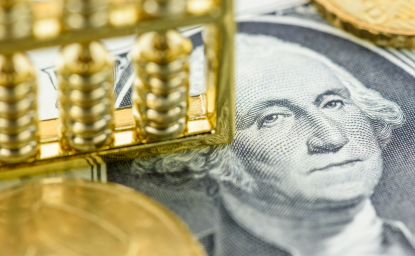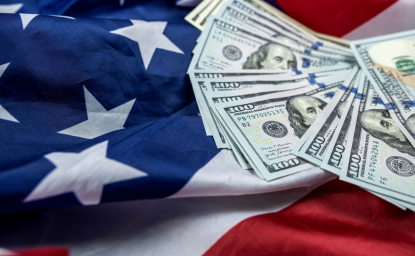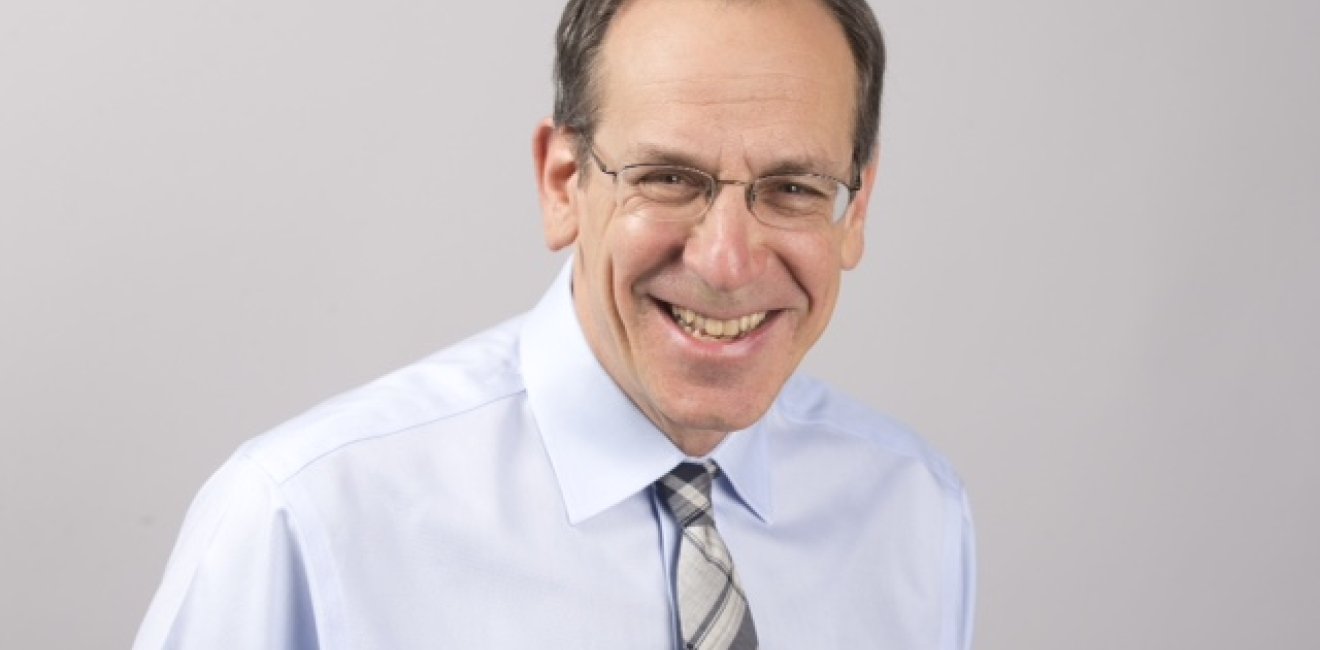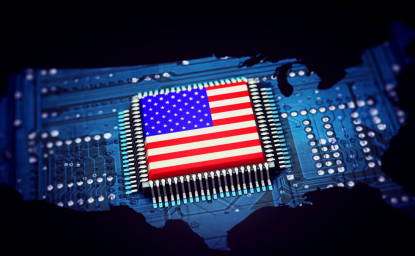While trade will flow, planes will fly and the rivers will run, expect a rise in anti-Americanism in Canada.
WASHINGTON – How would President Trump affect America’s neighbor, ally, and trading partner?
The question will be irrelevant if Hillary Rodham Clinton wins the presidency on November 8. Polls suggest that she remains the frontrunner, albeit by a narrower margin than two weeks ago. A Clinton victory makes divining Trump in the White House now like playing a game of virtual history later: what might have happened rather than what did happen.
Still, some reputable forecasters say there is a 30 per cent chance he can win. In Canada, this has made Trump a minor cottage industry. His prospects have been fodder for political commentators, financial analysts, and contemporary historians since he emerged from the crowded field of Republicans to win the party’s nomination last summer. Everyone has a reason now to become a Trumpologist. For journalists, the prospect of Trump and Canada is a hot story; for historians, his ascent is a cautionary tale; for bankers, examining his policies is performing due diligence. No wonder two investment firms – RBC and Scotiabank – have published reports on “The Trump Effect.” So has Export Development Canada (EDC). All assume, with characteristic Canadian prudence, that he could win – and say that Canada should be prepared in the event.
The Trump effect is likely to be strongest in economic and fiscal policy, trade, immigration, and foreign and defence policy. If we are to believe that Trump means what he says – which carries risks, given his frequent contradictions – expect that he will be a protectionist, hostile to free trade. He will be a nativist, wary of immigrants, legal or illegal, and an alarmist, fearing terrorists entering the United States from Canada. He will be a spender, introducing an economic stimulus package, running up debt. He will be a builder, approving TransCanada’s proposed Keystone XL pipeline, which Barack Obama stopped. He will be an isolationist, skeptical of NORAD, NATO, and the United Nations, the pillars of Canada’s internationalism.
These are the policies we think President Trump would adopt, but then again, who knows? Following a campaign built on bombast and hyperbole, it is hard to predict how he will act. Policy is of little interest to him. Trump relies on instinct and rhetoric and leaves the details to others. He is often incoherent, uninformed (he didn’t know what “Brexit” was two weeks before Britain’s EU referendum last June,) and inconsistent, wrong in his facts and assumptions. His marquee promise, for example, is to build a wall on the U.S. southern border and make the Mexicans pay for it. The Mexicans have said they won’t; he insists they will. Now he allows that the U.S. would pay for it and demand reimbursement from the Mexicans. With Trump, things change.
Some of his policies, if implemented, would be devastating for Canada. The greatest is his threat to leave or renegotiate the North American Free Trade Agreement, which he calls “the single worse trade deal ever approved in this country.” If the U.S. could do this with six months’ notice, as the treaty allows, it would bring massive disruption to Canada, as well as to Mexico and the United States. Because these countries operate, in many respects, as a single, integrated economy, it would be hard to change the agreement without a huge loss of jobs in Canada. It would mean a restructuring of the automotive industry, among other sectors.
In a draft report obtained by The Globe and Mail, the EDC says the end of NAFTA – if it comes to that – would be like imposing a 10 per cent tariff on goods and services. That would reduce exports by 4.5 per cent, cause a 4 per cent drop in gross domestic product, and cost 737,000 jobs. Even just a 3.5 per cent tariff would reduce exports by 1.2 per cent, lower GDP by 1.9 per cent, and cost 362,000 jobs. Trump also threatens to pull out of the Trans-Pacific Partnership, the agreement negotiated among 12 countries, including the U.S. and Canada. Of course, protectionist threats are not uncommon in election campaigns. Closing borders is a vote-getter. In power, faced with the consequences of their rhetoric, politicians become more pragmatic. Jean Chrétien, who had been cool to NAFTA as opposition leader, changed his mind after coming to office in 1993.
Some of Trump’s proposed policies might be less harmful than trade. He promises to reduce the U.S. corporate tax rate to 15 per cent from 35 per cent and eliminate the minimum corporate tax. He would also reduce the seven income tax brackets to three, with a minimum individual tax rate of 33 per cent. Presumably, that would create growth in the U.S., which would in turn help Canada, given its volume of trade with the United States, by far Canada’s largest trading partner. It would also help strengthen the U.S. dollar, making Canada’s exports cheaper for Americans. But lower corporate taxes would hurt Canada, which itself has lower corporate taxes, by making the U.S. more attractive to investors.
A much-anticipated move by Trump is the approval of the Keystone XL pipeline, which was denied a permit in 2015. “I want it built, but I want a piece of the profits,” Trump declared in May. “That’s how we are going to make the country rich again.” The promise is also in the Republican platform adopted last summer. Although environmentalists would jeer, the struggling oil patch in Alberta would applaud. The pipeline would make it easier to send crude oil from the province’s oil sands to the U.S; Canada now accounts for 43 per cent of all U.S. crude imports.
In immigration, Canada might also benefit from a Trump presidency. If he tightens the country’s borders, making it harder for Muslims and Hispanics to enter the U.S., Canada becomes a default destination. In 2015, Canada admitted some 300,000 immigrants; economists and politicians, worrying about a stagnant, aging population, talk of perhaps 400,000 a year. If that happens, Canada will be a beneficiary of Trump's paranoia and xenophobia. At the same time, disillusioned Americans may decide to leave the U.S. While there are always those who threaten to emigrate when a president they dislike is elected – the last time was in 2000 with George W. Bush – these are usually empty threats. But that doesn’t mean it could not happen. Here, too, Canada would gain from such highly skilled, well-educated newcomers, bringing their wealth, intellect and ambition to a country with a familiar culture and language. No wonder Cape Breton ran a tongue-in-cheek campaign this year welcoming Americans. It saw an opportunity.
The effect of a Trump presidency on Canada would be greater than what happens on trade, the economy, immigration and foreign policy. It is not about only about deficits and debt, growth or contraction, the balance of trade, alliances and international organizations. The impact would be psychological. President Trump would change how Canada sees the United States, and how it sees itself.
Canada is a liberal, progressive society. We don’t need to read it in The Economist, which cooed last week on its cover: “Liberty Moves North: Canada's Example to the World”. We are a moderate, prudent people who embrace universal health care, official bilingualism, multiculturalism, open immigration, liberal internationalism, gay marriage, access to abortion, and state intervention. Canadians know it, feel it and their politicians do, too. Historically, the most successful of them over the last century and a half – the Liberals in Ottawa, the Conservatives in Ontario and Alberta, the NDP in Saskatchewan – understand this truth. It means leadership, regardless of party, that is based on pluralism, tolerance, diversity, a mixed economy, and social welfare. Governments forget that at their peril. When Stephen Harper’s Conservatives made a false issue of “barbaric practices” among immigrants and tried to limit Syrian refugees, or when Pauline Marois’ Parti Québécois was seen as intolerant in pushing “reasonable accommodation” for new Quebeckers, voters threw them out.
Polls suggest Canadians do not like Candidate Trump. There is no reason they would like President Trump. They perceive his view of the world as dark, malevolent, and narrow – the antithesis of theirs. He distrusts immigrants, demonizes Mexicans, restricts Muslims, opposes abortion and universal healthcare. He has berated and mistreated women. To Canada, a country with a popular Liberal government that has welcomed 33,000 Syrians, created gender parity in the federal cabinet, and opened a new relationship with aboriginal Canadians, how else would he appear?
Justin Trudeau has embraced Barack Obama in a way Stephen Harper could not. Canadians applauded. But Trump’s America could not be farther from Trudeau’s Canada. And Canadians will understand that immediately. It will make Trump a pariah in Canada.
While trade will flow, planes will fly and the rivers will run, expect a rise in anti-Americanism in Canada. It is a perennial streak in the national character that surfaces when the U.S. is seen to be misguided – during the Vietnam War under Lyndon Johnson and Richard Nixon and during the Iraq War under George W. Bush. When Canadians don’t like the president, they often feel less sympathetic to his country. It explains, in part, the warmth Canadians feel toward the United States now; they respect the people who elected and re-elected Barack Obama, a star in Canada. When they did not like George W. Bush, they viewed the United States with suspicion.
The greatest impact of Donald Trump will not be on commerce or immigration, though that will matter enormously. It will be a new coolness descending on the upper half of North America, as Canadian look south with sadness and disbelief.
Andrew Cohen, a journalist, author and professor, holds the Fulbright Visiting Research Chair in Canada-US Relations at the Woodrow Wilson International Center for Scholars.
Opinions expressed are solely those of the author.
Author

Associate Professor of Journalism, Carleton University

Canada Institute
The mission of the Wilson Center's Canada Institute is to raise the level of knowledge of Canada in the United States, particularly within the Washington, DC policy community. Research projects, initiatives, podcasts, and publications cover contemporary Canada, US-Canadian relations, North American political economy, and Canada's global role as it intersects with US national interests. Read more

Explore More
Browse Insights & Analysis
Building a US Sovereign Fund: Function First, Politics Second

Can Sovereign Wealth Funds be the Answer to US Economic Strength?


